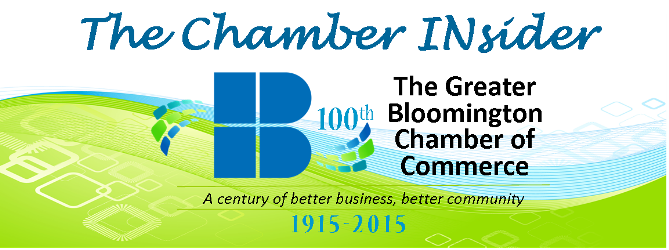 You’ve been in the same position for years… not that it bothers you since you love the organization you work for, but you are beginning to naturally yearn for more challenge and responsibility. As you begin to look up the career ladder to plan out your next vertical promotion, you must first ask yourself: Am I management material?
You’ve been in the same position for years… not that it bothers you since you love the organization you work for, but you are beginning to naturally yearn for more challenge and responsibility. As you begin to look up the career ladder to plan out your next vertical promotion, you must first ask yourself: Am I management material?
This should not be an easy question to answer immediately; however Aaron Hurst, CEO of Imperative and author of The Purpose Economy, offers these questions to consider when trying to determine if you’re ready to make the leap into management: How does my boss define management, and how could promoting YOU better serve the organization’s needs?
Some bosses won’t explicitly list the traits he or she is looking for in a future manager, some haven’t even thought about it…so what can you do? First, you should determine your boss’s working definition of “management material” by observing what your organization looks for in a manager based off its hiring history and company climate. Hurst offers these questions to start your search:
· Who have they promoted in the past and who has been passed over?
· How do they seem to make decisions about promotions relative to other managers in the organization?
· Do they promote, as they should, to balance their skills and capacity? What do they perceive as their skills and capacity gaps?
· What threatens them and their security in their role? What would threaten them and make them biased in a promotion decision?
· How can your promotion help them get promoted? What do they need to do to get promoted and how could you be part of that solution?
· What parts of their job do they dislike that you could do? How could your promotion increase their job satisfaction?
· What are you doing now that your boss values and might be afraid they would lose if you moved into management? How could you backfill your work?
The next step? Be honest with yourself. Are you the right person for the situation? You could fit the definition of “management material” to a T, but might not ideal for the particular organizational challenges. Also ask yourself: Would I make effective leader in this position? There’s a big difference between managers and leaders.
By incorporating this logical assessment of yourself and your organization, you can get a better idea if management could be the next step in your career path. Just ask yourself the right questions!
 Adapted from “Am I Management Material?”
Adapted from “Am I Management Material?”
https://www.linkedin.com/today/post/article/20140324135825-201849-am-i-management-material?trk=mta-lnk


